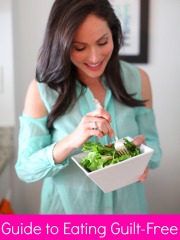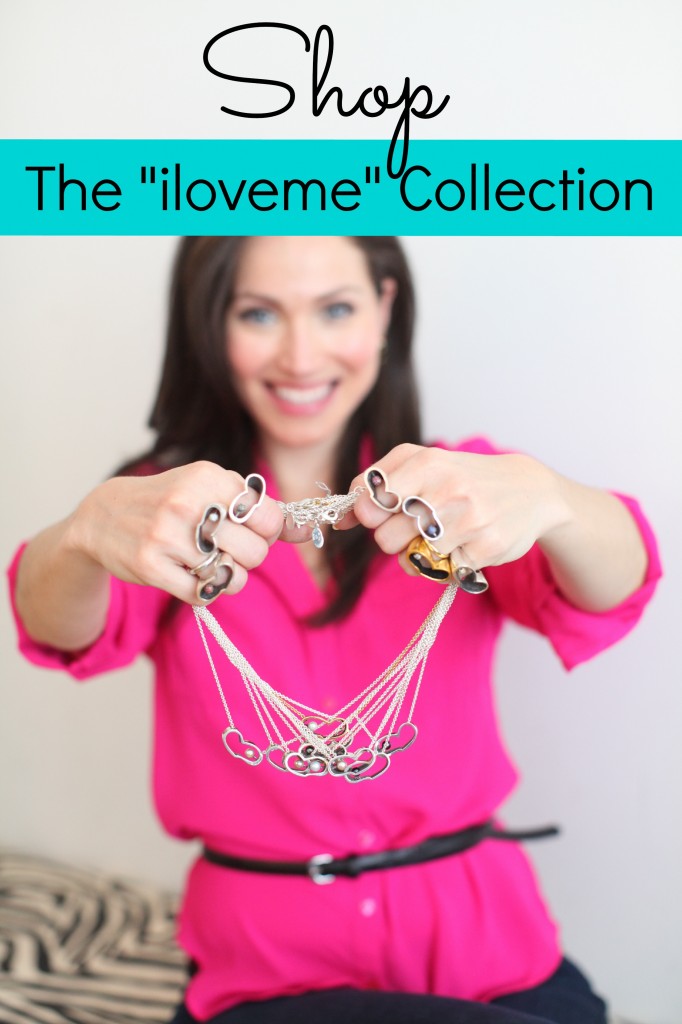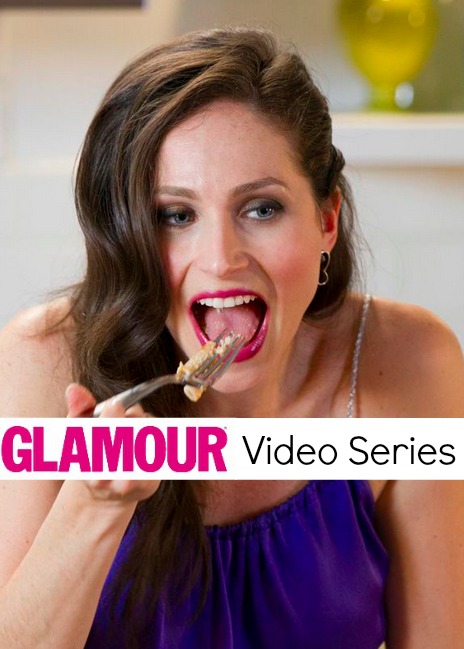(As seen in TheBeautyBean.com)

Click on photo to read full article from TheBeautyBean.com
As we embark on our “get healthy” resolutions for the New Year, many of us will replace sugary foods and drinks with those sweetened with calorie-free sweeteners. But what if the calorie-free sugars you’re consuming are actually sabotaging your diet and wellness plan more than they’re helping?
While that Splenda you put in your instant-oatmeal may be calorie and carbohydrate free, it’s harder to digest than maple syrup, for example. Your blood sugar levels will rise, then fall, leaving you hungry well before lunch. You’ll crave more sugar (or artificial sugar) and go through this cycle of ups and downs all day long. By sticking to natural sugar alternatives, derived from natural, less-processed ingredients, however, you’ll reduce sweet cravings and give yourself a natural, lasting surge of energy.
Bottom line: it’s more important to recognize the type of sugar you consume rather than calculate how much sugar a food or recipe has in it. So, here is the scoop on sugar and some recommendations for natural alternatives when you make your next batch of warm chocolate chip cookies or order your next latte at Starbucks!
What To Avoid:
White Sugar – sucrose made by chemically processing sugar cane or beets.
Brown Sugar – refined white sugar mixed with molasses.
High Fructose Corn Syrup – heavily processed corn.
Raw Sugar – which isn’t actually raw at all but rather is un-refined and un-bleached sugar with many minerals and vitamins depleted.
Equal & Nutrasweet – dextrose with maltodextrin and aspartame.
Sweet ‘N Low – Nutritive Dextrose, Calcium Saccharin (made from petroleum), Cream of Tartar and Calcium Silicate (an anti-caking agent).
Splenda – sugar chemically processed with chlorine to alter the sugar and convert it to a no calorie, non-carbohydrate sweetener.
What To Try, Natural Sugar Alternatives:
Sucanat – is the powdery result of evaporated cane juice extracted through a mechanical process. It’s less refined than table sugar and retains some of sugar cane’s vitamins and minerals.
Organic Coconut Palm Sugar – tastes like brown sugar and comes from the juices of blossoms that grow on top of coconut palm trees. The nectar is harvested, boiled and ground into fine crystals. Use in bakes goods, coffee and tea. Just make sure it is pure coconut palm sugar since most “palm sugar” is blended with fillers.
Date Sugar/Syrup – is made by finely grounding dehydrated dates. It can be used in baked goods, puddings, marinades, dressings and spice rubs as a direct replacement for sugar. Plus, it contains vitamins, mineral and fiber from dates.
Organic Maple Syrup – is made by boiling the sap from the maple tree. It’s natural, less-refined and is a good source of manganese and zinc. Be sure to buy 100% organic maple syrup to guarantee no pesticides, chemicals or formaldehyde.
Stevia – can be found as leaves, powder or liquid. It’s 100-300 times sweeter than sugar, has an aftertaste a bit like licorice, claims to not affect blood sugar and is known to work well for some diabetics. Look for the green or brown Stevia liquids or powders as other versions are highly processed.
Raw Agave – comes from the core of a cactus-like plant (also used to make Tequila!). While it’s natural and much less disturbing to the body’s sugar levels than white sugar, it does still cause a blood sugar spike.
Honey – is a great moisture-adding sweentener in dense baked goods, sauces, smoothies and on top of oatmeal. Just be sure to buy it raw for the most amounts of enzymes, minerals and vitamins. (And make sure not to give it to babies.)
Brown Rice Syrup – is not only natural but also metabolizes slowly. Made by soaking, sprouting, cooking, grounding and heating brown rice into a thick syrup, it’s half as sweet at sugar and can be used to make dense baked goods or salad dressings and is great in hot tea and coffee. Tastes like mild butterscotch.
Yacon Syrup – is extracted from the roots of the yacón plant indigenous to the Andes Mountains. It’s paste-like, making it s a great substitution in recipes that traditionally call for molasses. Plus, it’s known to ease digestion for some people.
Should we fully eliminate our favorite treats entirely from our life and scorn ourselves if we indulge? No! Eat your favorite foods, but find natural alternatives when possible. Next time you go to rip that Splenda packet and pour it into your morning coffee, perhaps try a dash of Stevia. And when you’re baking for loved ones, try using Coconut Palm Sugar or Sucanat instead of brown sugar. It’s not what you intake some of the time; it’s what you eat most of the time that makes a difference. So, have your cake and eat it too but think about nourishing your body with foods that nourish you, experiment with the natural alternatives above and make smart, natural choices for a healthy inside and sweet new year.
Be Sweet. Be Wise. Be Well.
xoxo
Be Well,
Arielle

















































![goodmorning[1]](http://www.bewellwitharielle.com/wp-content/uploads/goodmorning1-300x224.jpg)
















